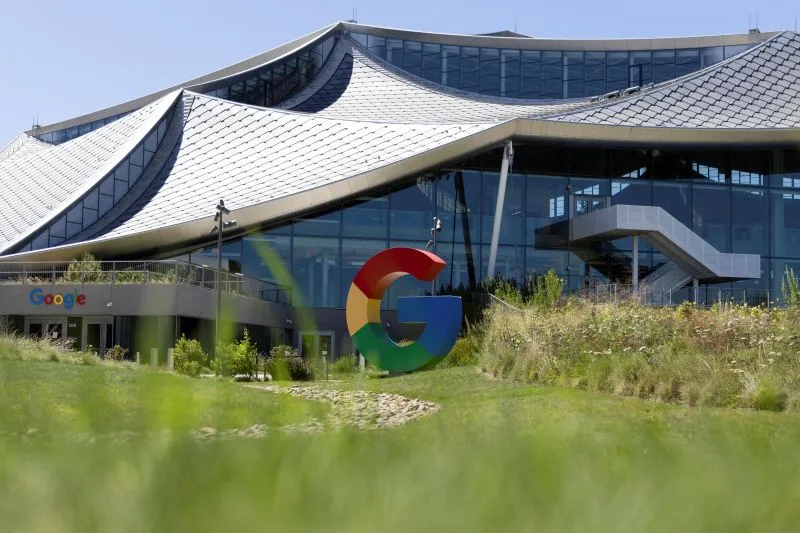Google’s Advertising Monopoly Under Fire in Landmark Trial

Google’s Advertising Monopoly Raises Concerns
The Department of Justice (DOJ) has launched a trial against Google, asserting that the tech giant utilizes its dominant position to suppress competition in the online advertising arena. With claims of anticompetitive practices, the government is pushing for a breakup of the company's monopolistic structure.
Unpacking the Allegations
- Google's Attempts to Control the Market: The DOJ argues that Google has leveraged various anticompetitive tactics—including mergers and auction manipulation—to solidify its advertising business at the expense of online publishers and advertisers.
- Impact on Advertising Costs: According to courtroom statements, Google’s market control has led to inflated prices for advertisers while limiting revenue opportunities for websites.
The Stakes of the Trial
This month’s trial could reshape the economics of digital advertising, directly affecting how online businesses operate. As both sides prepare to present their evidence, the outcome may redefine competition laws in the tech industry.
What Lies Ahead for Google and Advertisers
If the court sides with the DOJ, the implications could ripple through the digital ad market, potentially benefiting smaller players. Google, however, maintains that its tools are necessary and that breaking up its business could result in more trouble than benefit for advertisers and publishers.
This article was prepared using information from open sources in accordance with the principles of Ethical Policy. The editorial team is not responsible for absolute accuracy, as it relies on data from the sources referenced.